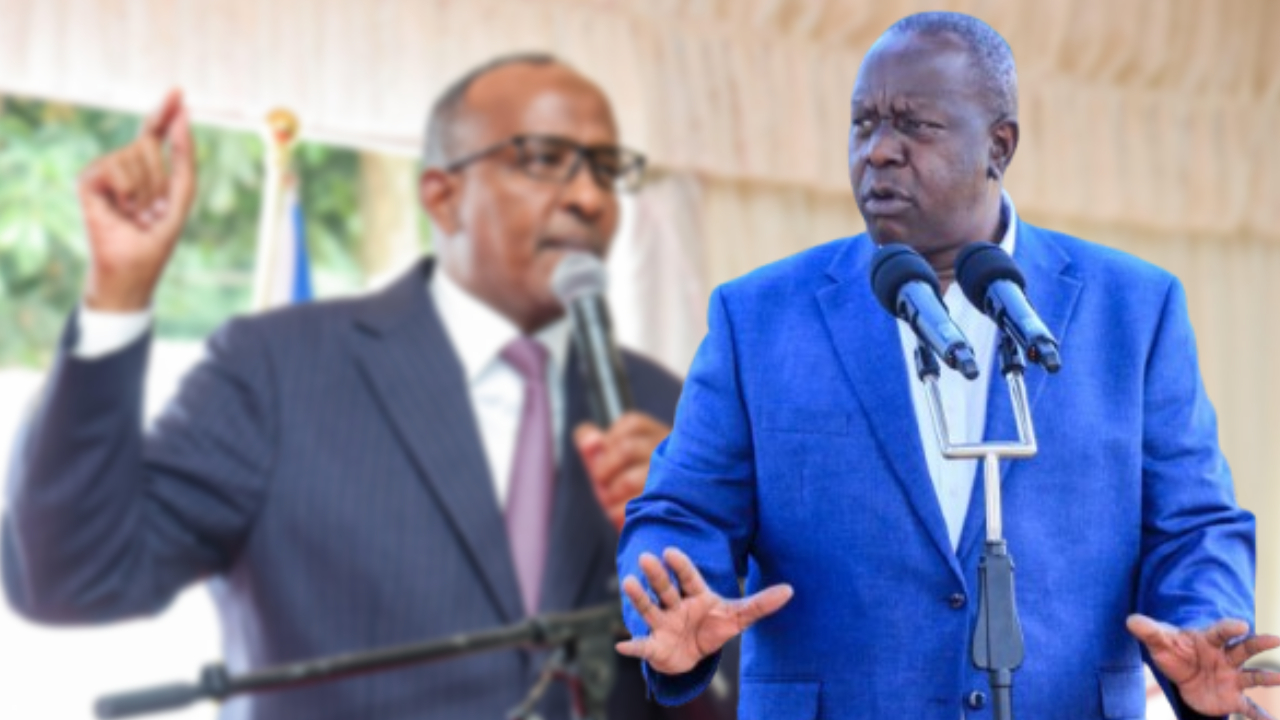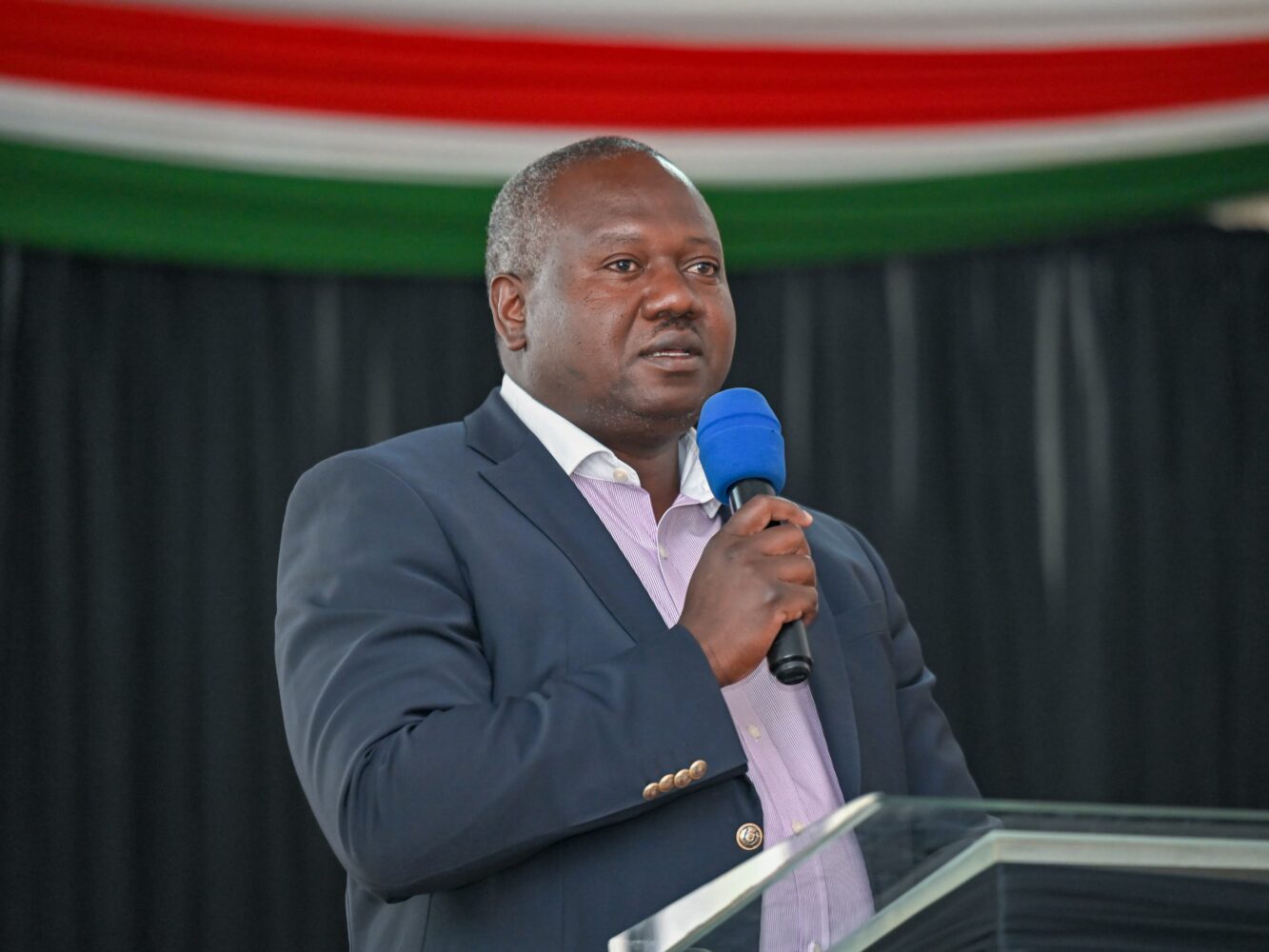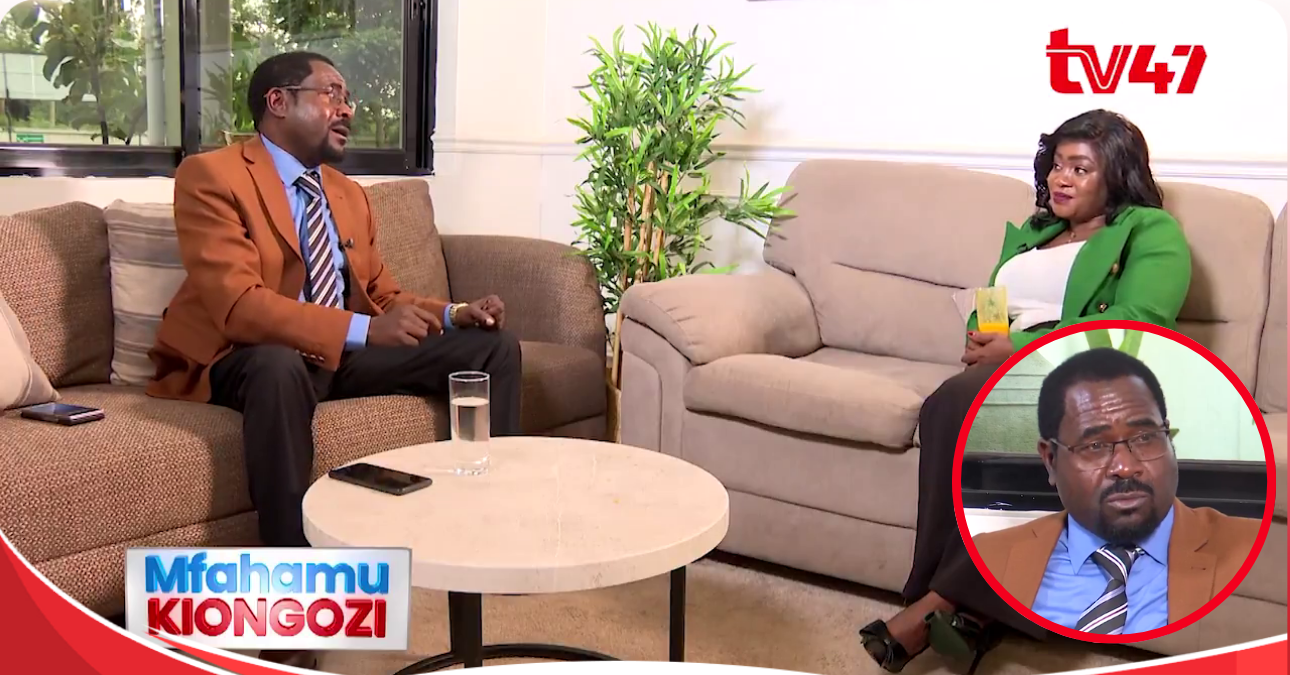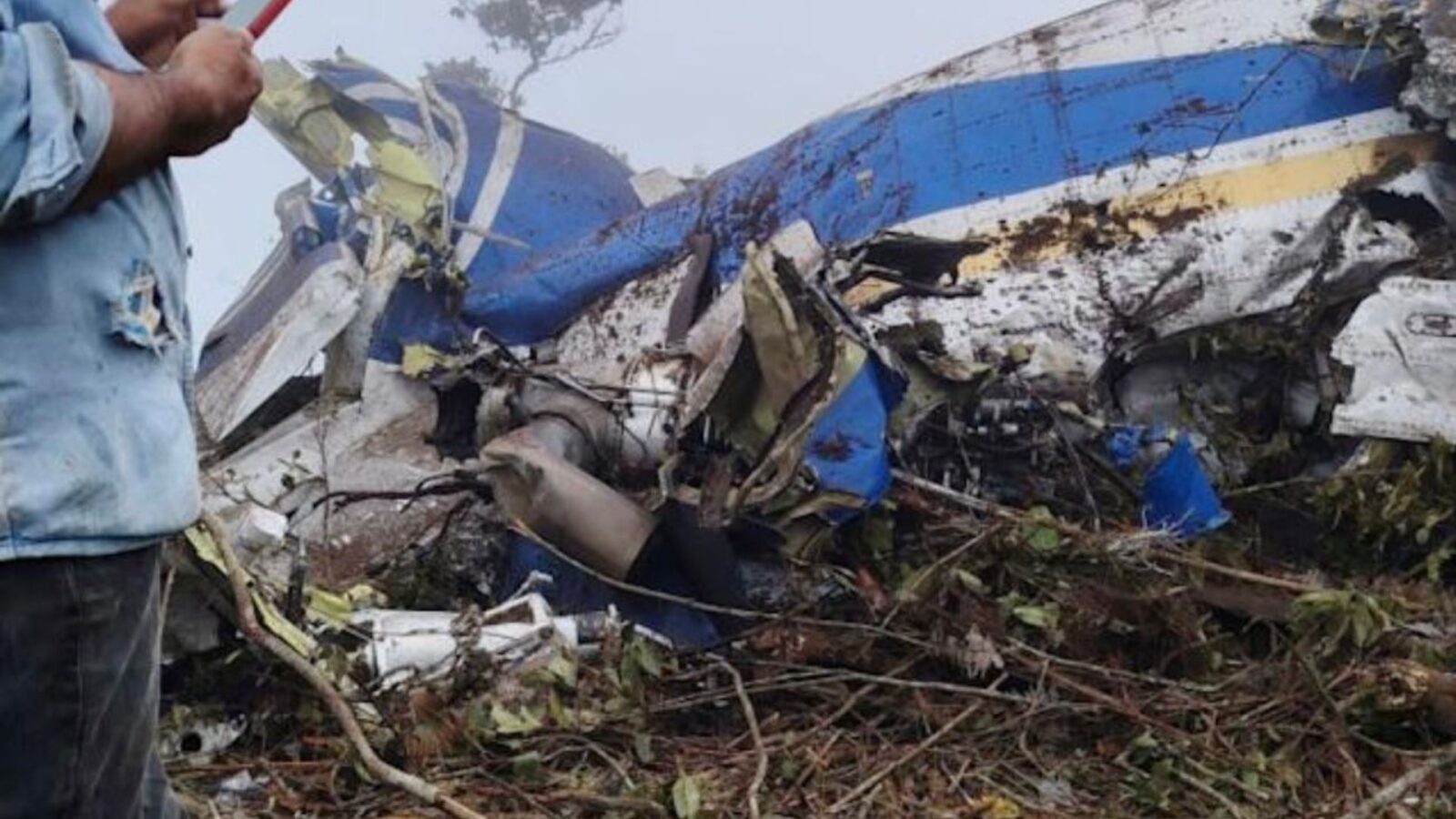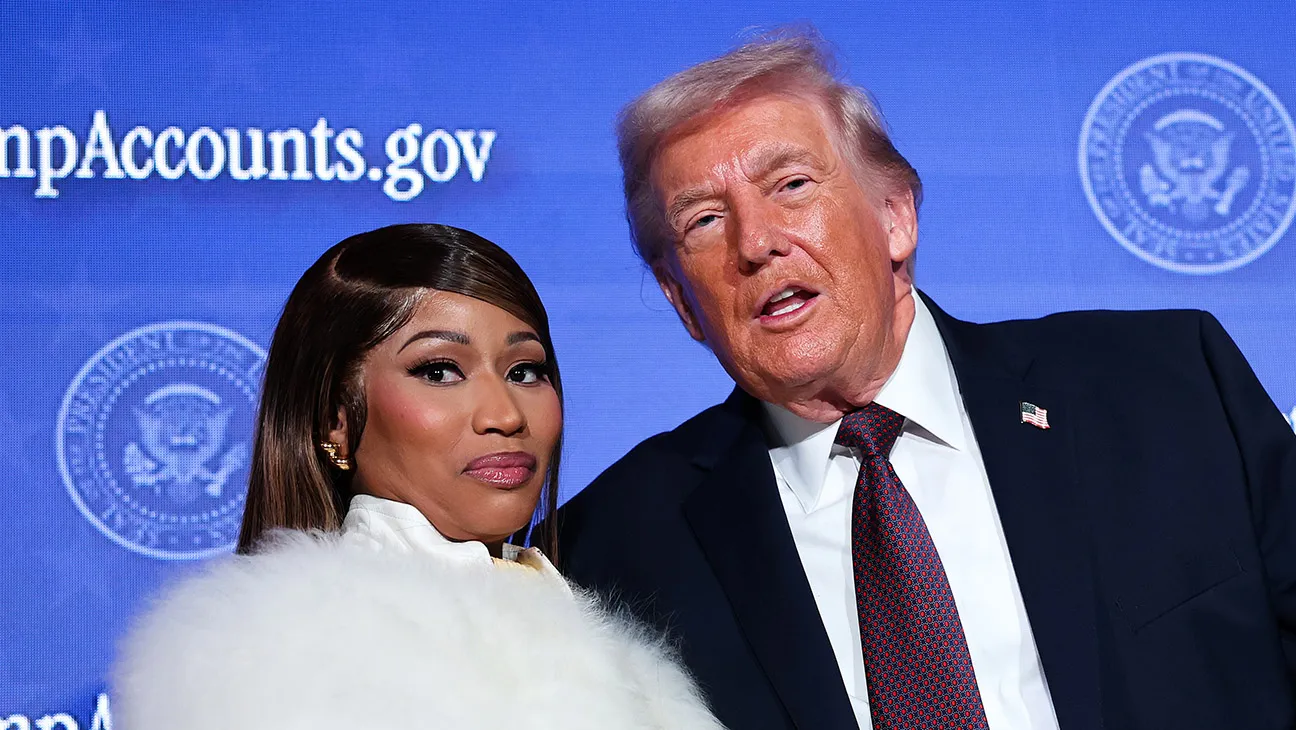Nepal Prime Minister KP Sharma Oli has resigned following spiralling anti-government protests across the country.
Prakash Silwal, Sharma Oli’s aide, announced the resignation amid the escalation of the anti-corruption protests which were triggered by a social media ban.
In a statement, Prime minister Oli said he has resigned to “pave a way for the constitutional solution of the current crisis.”
The government of Nepal had ordered authorities to ban 26 social media platforms after failing to comply with a deadline to register with Nepal’s ministry of communication and information technology.
The ban was implemented, blocking social media platforms such as Facebook and Instagram, a move that was termed as a method of tackling fake news, hate speech and online fraud.
Following the ban, young people took to the street on Monday, September 8, saying they were not only protesting against the ban, but also what they saw as the authoritarian attitude of the government.
“Rather than social media ban, I think everyone’s focus is on corruption,” Sabana Budathoki, a protester told BBC, adding: “We want our country back. We came to stop corruption.”
The government then lifted the ban after at least 19 people lost their lives and dozens were injured during the protests.
Prime minister Sharma Oli’s resignation follows that of Ram Nath Adhikari, Minister for Agriculture and Livestock, after he expressed his dissatisfaction over how authoorities have engaged with protesters.
“I am shocked to learn that in a democracy, instead of accepting that asking questions and peacefully protesting is a natural right of citizens, we are moving towards a dictatorship rather than a democracy with widespread repression, killings, and use of force,” he told BBC Nepali.
Additionally, Home Minister Ramesh Lekhak, on Monday September 8, resigned after facing intense criticism over the government’s use of force during the protests.



